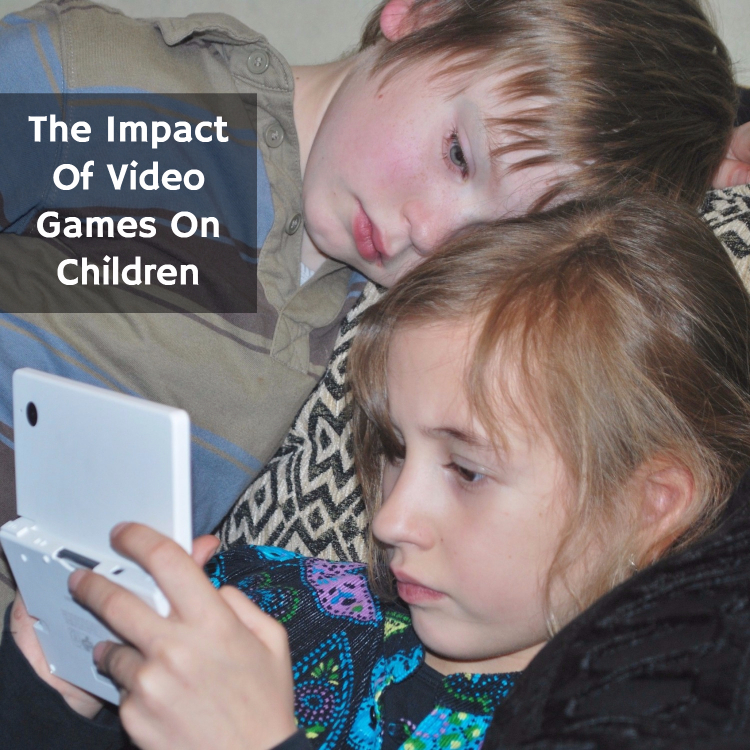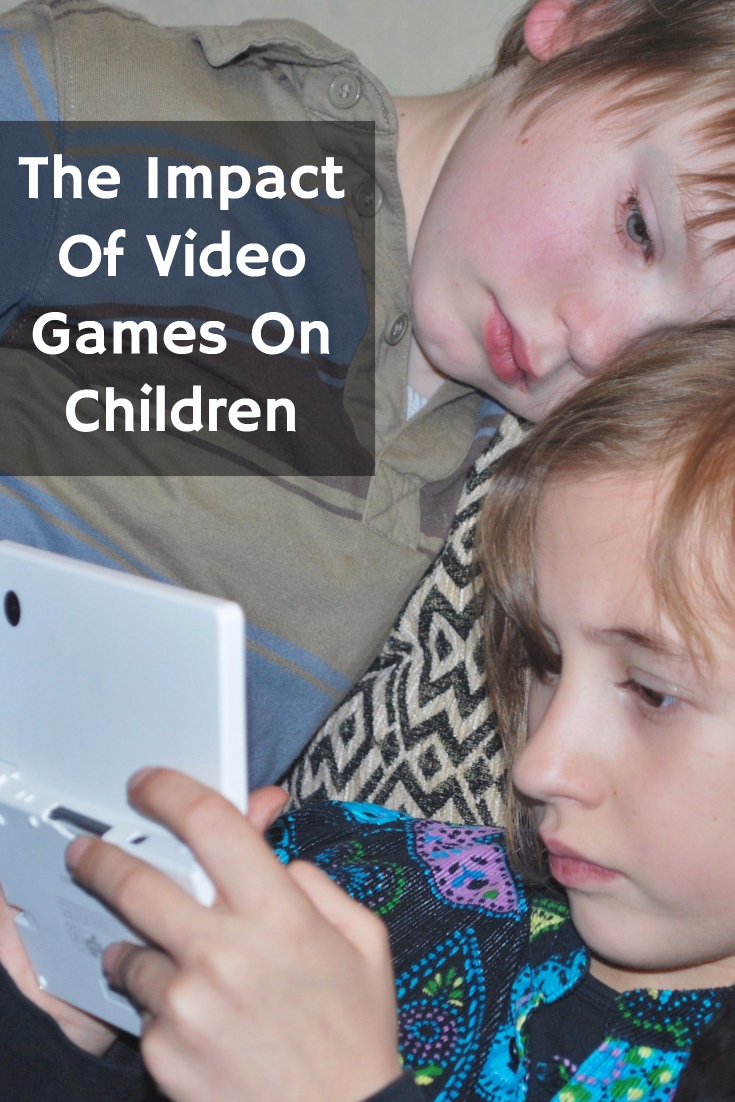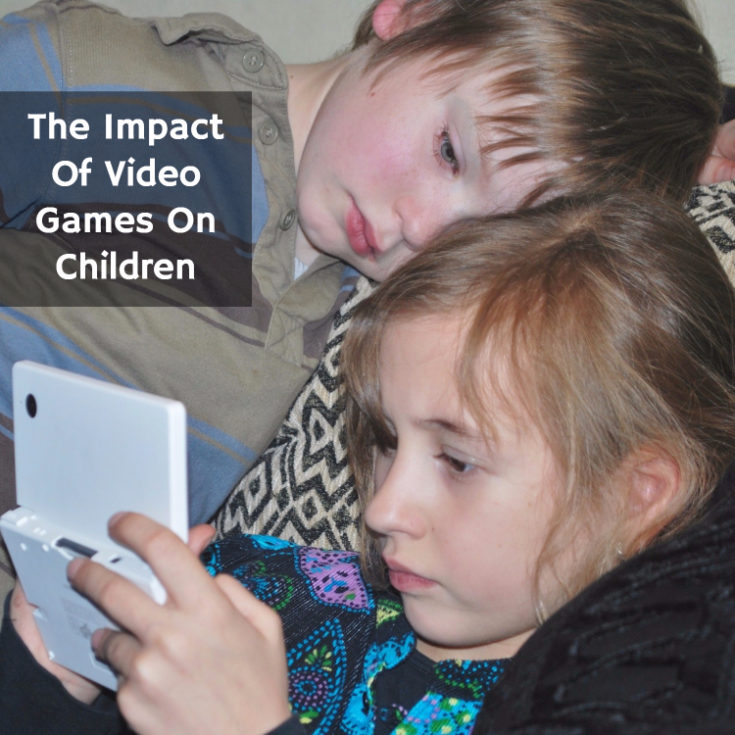Disclosure: This post may contain affiliate links, meaning we get a commission if you decide to make a purchase through our links, at no cost to you. Please read our disclosure for more info.

For several years, video games have occupied much of our children’s free time and their demand is increasing. You may be surprised that a six year old child can master a console, but in most households with children under 14 years of age there is some kind of a game console and they are becoming more and more attractive and accessible.
[amazon_link asins=’B01LZ2MX91,B00S1LRX3W’ template=’CopyOf-ProductGrid’ store=’preemietwinswp-20′ marketplace=’US’ link_id=’ed1fce2c-08ca-11e7-b923-aff6d9a52d2d’]
In This Post:
Concerns about video games
Video games have developed greatly, especially in their visual quality, but also in their teaching skills. Currently, many schools use video games to teach certain subjects and values. However, the concern about the games is often motivated by the lack of benefits and/or damages.
On one hand, some argue that this kind of entertainment can cause social isolation, which parents must pay attention to and ensure that their children do not lose the will to do other things when they are playing, and that they do not hesitate to move when they are told to do so. Some people also warn against the evils of video games when it comes to the health of the consumers. In this sense, the main concern is the risk of seizures. In response, manufacturers reported inside the product that if a child has epilepsy, a specialist should be consulted before playing the game.
On the other hand, some people underline the excellence of the use of video games and the fact that they affect many aspects, such as educational and improvement and acquisition of manual skills.
Problem of violent content
Most games preferred by children include violence and the number of titles with violent game play continues to rise. Those considered extremely violent have increased their sales by more than 30% in recent years. Instead, the less accepted games are those containing educational aspects. Usually, when it comes to games with violent content, manufacturers recommend the age at which the game should be played on the packaging for guidance but this is not always the most successful. Therefore, parents should control the contents of video games for their children, but from a position of understanding, not imposition.
Positive aspects
The player makes decisions, acts and also feels his/her effort is rewarded with knowledge (specific languages, symbols, technical skills, etc.). Video games provide a sense of control and enforcement for players. This increases self-esteem and social recognition from friends. Exercising imagination without spatial or temporal limitations develops eye-hand coordination, psychomotor skills and helps to teach ‘learning to learn’.
Negative aspects
Playing video games can cause children to waste a disproportionate amount of time, leaving other tasks undone. Regulars violent games players can present a more aggressive, impulsive and selfish behavior. Also, violent games may cause someone to accept violence too easily. Some people with symptoms of social phobia use this type of entertainment as a refuge and content video games can cause aggressive and hostile feelings of anxiety.
The role of a parent
Still, trying to keep your children away from all consoles and games is very difficult. Like it or not parents, the game is a kind of entertainment that is very present in children’s lives and it is best to try to work with it and make the best use of it. Not all games have to be violent and fun for your kids. There are many virtual worlds that offer great time for players, such as Poptropica, without any inappropriate content. If you are not sure whether a certain game is good or bad for your child, similarly to Poptropica walkthrough, you can find a walkthrough online for any other game and make sure whether it is fine or not.
Download Poptropica for FREE instantly from Amazon!
Video games are like books, movies or music. There is something for all ages and with all kinds of content – arcade games, sports, adventure and role play, builder simulators, strategy, puzzles and logic games and quizzes. In this sense, the same way that parents must supervise programs their children watch on television, they should also control the content to which children access in a video game.


